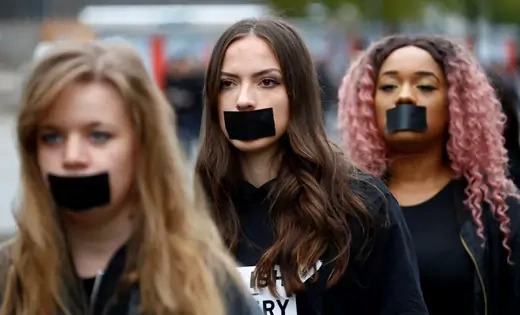July 28, 2020
Human TraffickingJamille Bigio, senior fellow for CFR’s Women and Foreign Policy program, sits down with James M. Lindsay to discuss the spread of and international response to human trafficking. July 30 marks the Un…
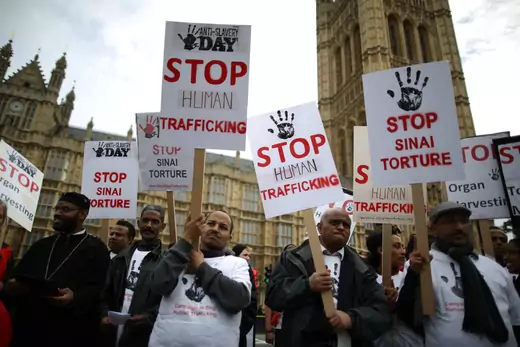
March 8, 2021
Women and Women's RightsA new report by Carla Koppell, Reuben Brigety II, and Jamille Bigio offers a comprehensive approach for international affairs schools to transform the face and shape of U.S. foreign policy.
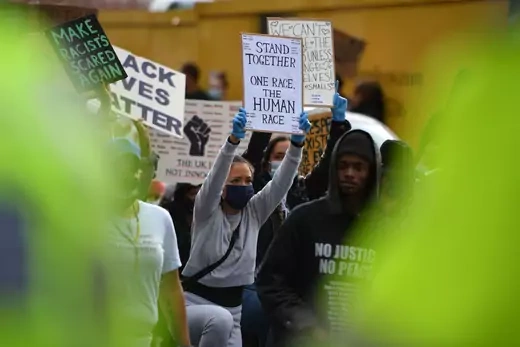
July 31, 2025
Conflict PreventionPeace negotiators often overlook a proven strategy to reduce conflict and advance stability: include women.
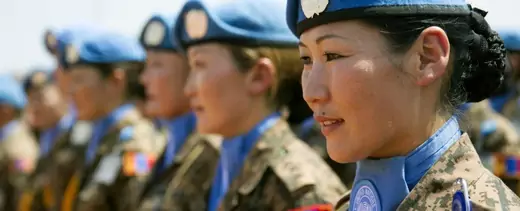
June 10, 2021
Human TraffickingHuman trafficking bolsters abusive regimes and criminal groups, weakens global supply chains, fuels corruption, and undermines good governance. Jamille Bigio and Rachel B. Vogelstein urge the United …
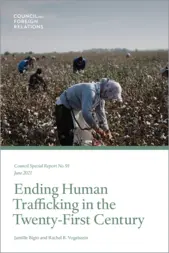
June 29, 2020
U.S. Foreign PolicyA new report by Jamille Bigio and Rachel Vogelstein offers a comprehensive overview of how countries around the world are integrating gender equality as a foreign policy priority, and how the United …
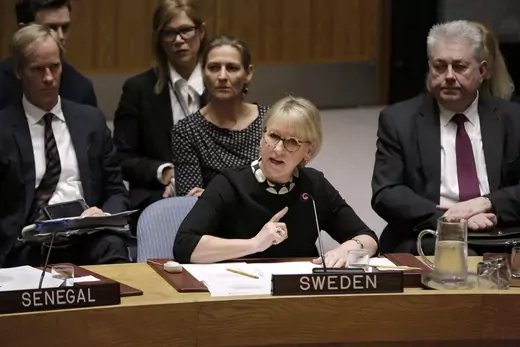
February 1, 2021
Women and Women's RightsThis blog post was authored by Jamille Bigio, senior fellow in the Women and Foreign Policy program, and Elena Ortiz, intern in the Women and Foreign Policy program. Despite widespread condemnatio…
